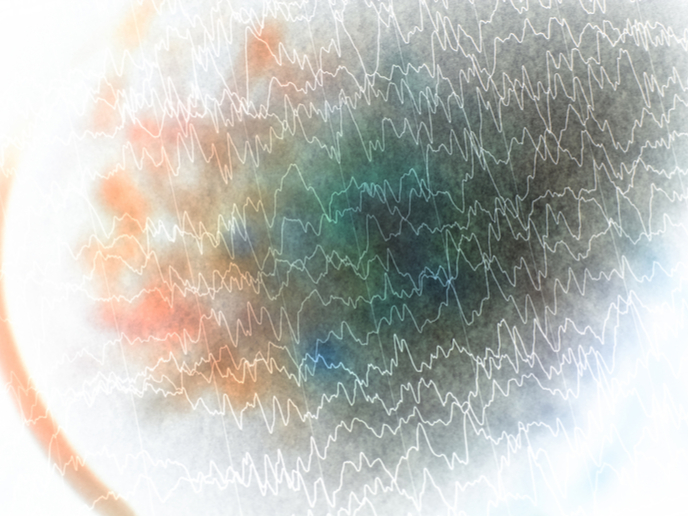Next generation of scientists for modelling and analysing complex systems
Quantitative models based on nonlinear dynamics and complex systems are frequently used in various areas ranging from climate research to neuroscience to power networks. Such systems, including biological organisms, consist of interacting units with oscillatory elements. For example, several measurable quantities in living systems such as blood flow, respiration and brain activity are oscillatory and their frequencies and amplitudes vary in time, often in an almost deterministic and nearly periodic manner. It’s crucial to understand these time-variable oscillations in order to develop applications in fields like physiology and medicine. Enter COSMOS, the EU-funded project that aims to analyse complex oscillatory systems that are “abundant in nature, physical and engineering devices, and life sciences,” as explained on CORDIS. It particularly focuses on systems that are composed of multiple interrelated subunits operating on different time scales. “The novel interdisciplinary approach of COSMOS is to combine theoretical techniques with data-analysis procedures, to allow the development and validation of original analysis methods for complex systems.” According to the project website, a “user-friendly software package will be ultimately developed to make the methods accessible to a broad set of potential users, including those with minimal theoretical competences.” The same website summarises the research concept and notes that COSMOS consists of 15 distinct projects all working on related themes around the analysis of complex signals. Interdisciplinary approach As part of its programme goals, “COSMOS will train 15 ESRs [early-stage researchers] at the interface between Physics, Applied Mathematics, and Life Sciences, integrating theoretical and data-driven methods to make the researchers competitive for a wide range of industrial and academic positions.” Scientific training will include nonlinear dynamics, numerical methods and statistical mechanics. If required, the basics of neuroscience, physiology and system biology will be included. More complex topics will also be covered, including information-theoretic methods, synchronisation, network analysis, advanced nonlinear-dynamics indicators, inference methods and non-equilibrium thermodynamics. All 15 researchers who have taken part in the ongoing COSMOS (Complex Oscillatory Systems: Modeling and Analysis) project have worked on their PhD theses under the supervision of 2 teams at 2 universities, as required by the European Joint Doctorate format. A news item by the Slovenian Press Agency emphasises that the “phenomenon of oscillatory dynamic and oscillated behaviour is present everywhere, not only in very complex physical experiments.” Quoted in the same news item, COSMOS coordinator Arkady Pikovsky says: “When for example you fly from Europe to America you experience jet lag and this is your oscillatory system of day and night, your organism needs to be resynchronised to new conditions and this is one of the subjects of this field of science.” Project partners expect that the ideas and tools developed as part of COSMOS will have a prominent impact on a wide-range of communities, from fundamental theory through to industry. For more information, please see: COSMOS project website
Countries
Germany



